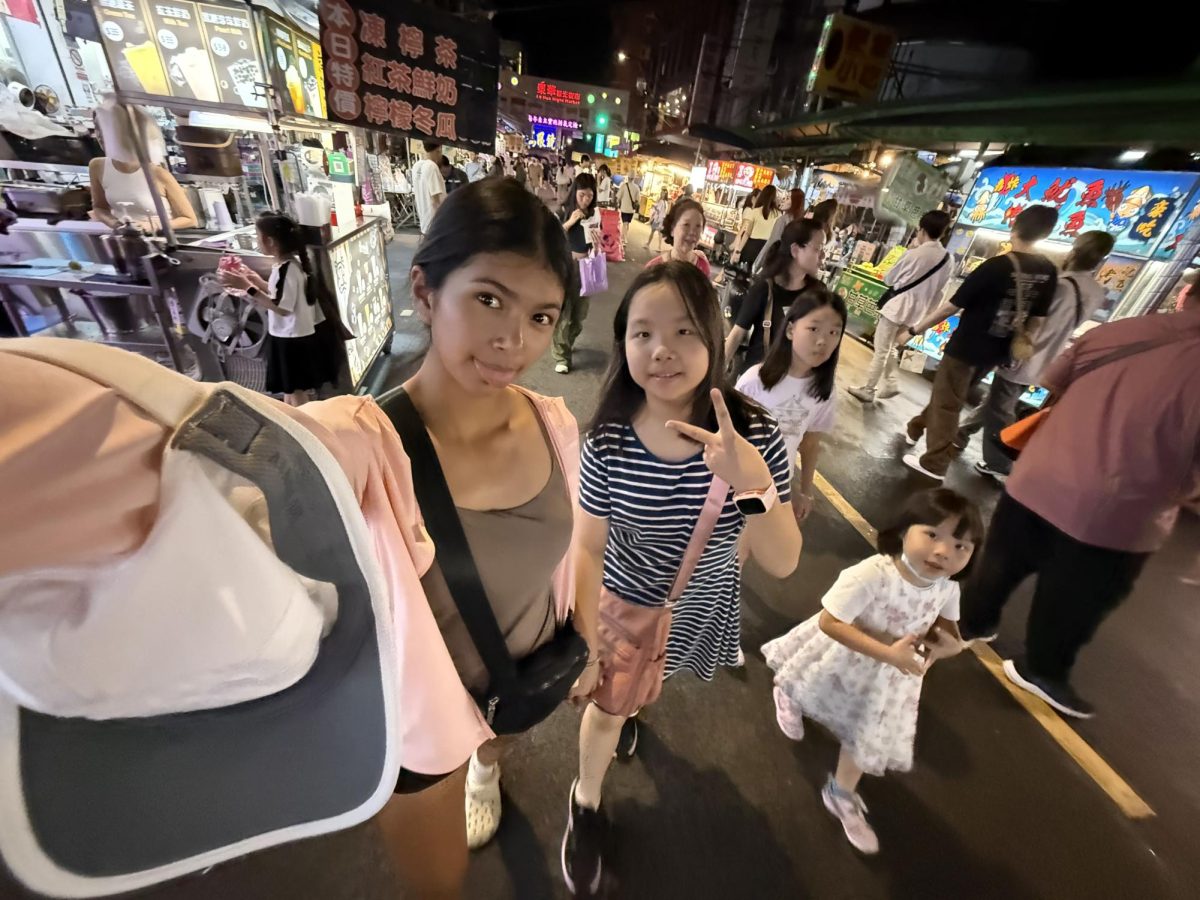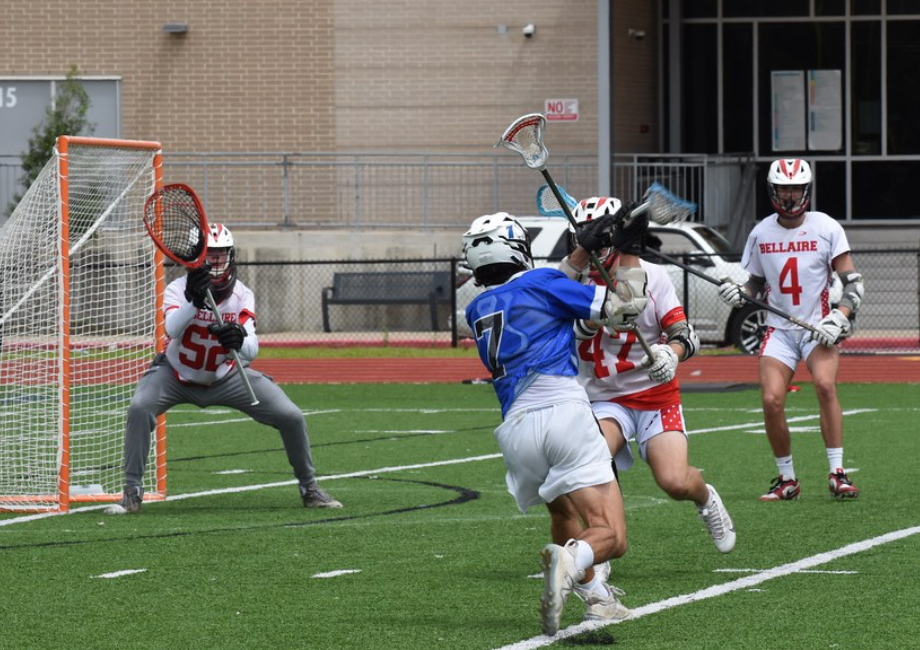“I remember going to a testing center in the middle of nowhere and taking four STAAR tests in a row.
A few weeks later, my parents [asked if I] wanted to skip a grade because the tests said [I was] academically prepared for second grade. So, instead of entering first grade like my kindergarten peers, I would transition to second.
I [felt] worried and apprehensive about what second grade was going to be like. At the same time, I thought [it was] a good challenge.
I remember having to go to a completely different building [and] classroom from all my friends. [I had] to get to know a lot of new people. It was a little difficult for me in elementary school – I was more shy than I would consider myself now.
There was definitely a shift from kindergarten, [where] you have nap time, playtime and all this time to ease into school. In second grade, [I] started homework and tests.
Being challenged academically from a young age [has] impacted my mindset towards school. Since skipping a grade, I’ve had really high expectations of myself. [It] has reinforced the belief [to] succeed in those high-rigor environments. I [think], ‘Everyone else is older than me [so] I have to do my best to match what they can do.’
I don’t know if there’s so much of a benefit [of skipping a grade] as a completely different academic experience. [I fell out of touch with] the people that I was close with in kindergarten, [and] the people you spend time with early on shape your character in the future. [So] I’m happy right now, but I can’t say if I would be happier if I didn’t skip a grade.
Currently, if I want to do a summer camp or get a job, it’s kind of difficult because I don’t meet the age requirements even [if] I meet the grade requirements. So [that’s] been a very slight barrier.
[However], skipping a grade helped make [me] more comfortable talking to strangers and going out of my comfort zone, both conversationally and when talking to people in general. The people I interact with on a daily basis have been older [so] it’s easier for me to talk to adults.
Skipping a grade has given me a different view on [maturity] because it’s not just based on age. That’s something that I’m still learning as I’m trying to develop more life skills. If you have resilience, I would argue that you’re more mature than an adult who has difficulty responding to crises. Maturity is less about age and more about what you can do.”


![Stacey Shih poses for a picture. Shih, age-wise, is a year ahead of her peers. "Even though it was only one year that I skipped, there was definitely a difference, not [only in] the curriculum, but also in how other students would see each other," Shih said.](https://threepennypress.org/wp-content/uploads/2024/11/cxJgna59Jg90jYZf13DYPCs4wksuvS6ccik7sLd3-900x1200.jpg)







